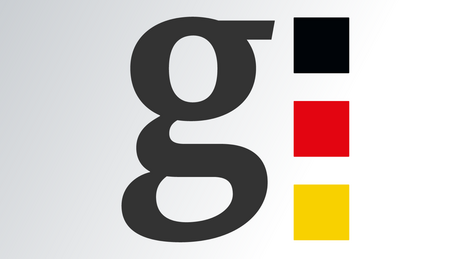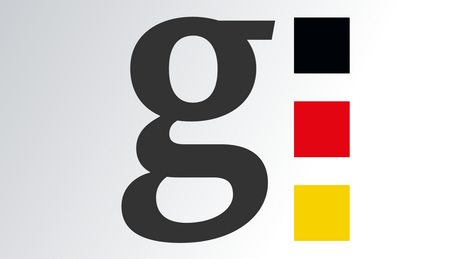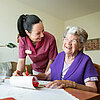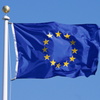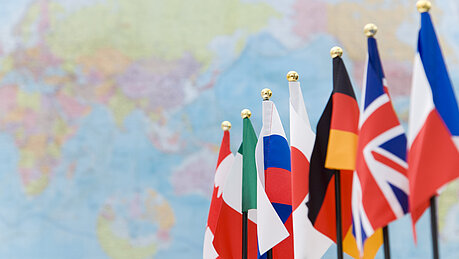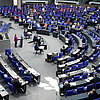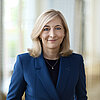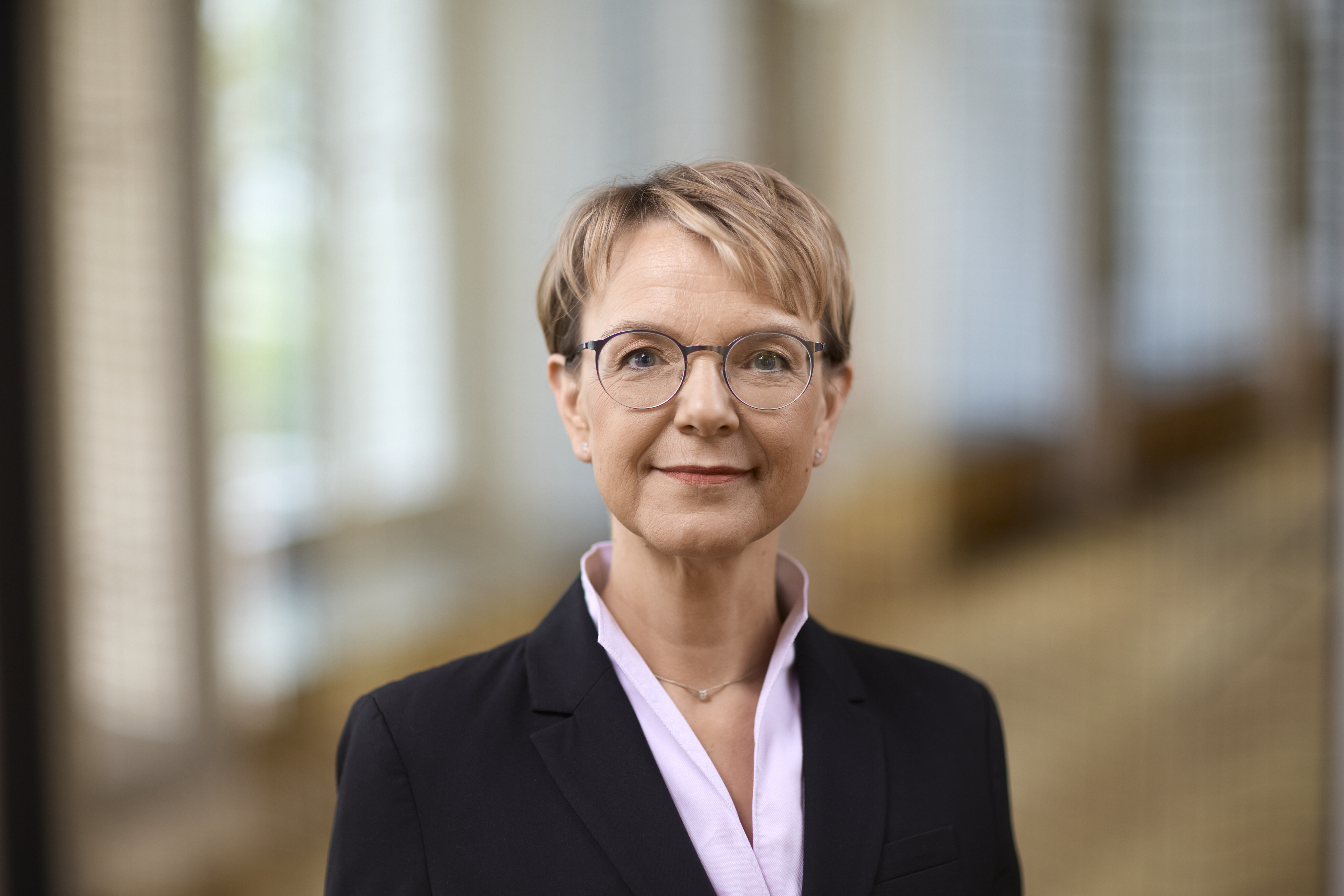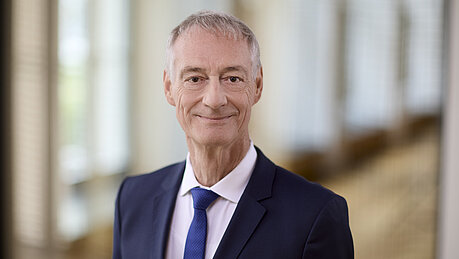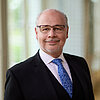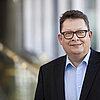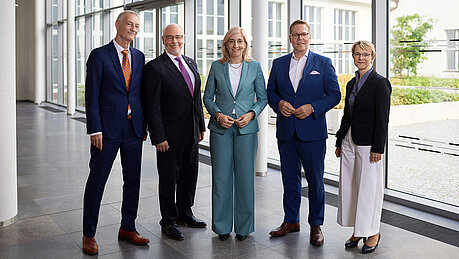Spahn: „Globale Herausforderungen lassen sich nur zusammen angehen“
Bundesgesundheitsminister Jens Spahn war der Eröffnungsredner des 11. World Health Summit am 27. Oktober in Berlin. Die Rede wurde in englischer Sprache gehalten.
Professor Ganten,
Professor Ali Jafarian,
Excellencies,
Distinguished Ladies and Gentlemen,
Every year, the World Health Summit gives us the opportunity to pause for a second and review what we have achieved.
Where do we stand right now?
-
Polio has almost been eradicated,
-
HIV/AIDS have been driven back, and
-
we have managed to cut overall infant mortality worldwide by half.
These are positive developments, but one question remains: is this where we want to be?
My answer is “no”.
The world’s health status is less than satisfactory.
Let me give you some examples:
-
NCDs (non-communicable diseases), such as cancer, diabetes and heart disease are globally on the rise: almost 15 million premature deaths every year, not only in low- and middle-income countries, but also in high-income countries.
-
As for pandemic preparedness: we all know that the world will face another pandemic. The only thing we do not know is when it will happen and how severe it will be.
-
Is the world well-prepared for this? If we look at the robustness of health systems worldwide, and the implementation of the International Health Regulations’ core capacities, we have to confess: No, the world is certainly not adequately prepared!
-
Today, more than 1.6 billion people live in areas where protracted crises and weak healthcare systems leave them without access to basic healthcare.
-
And every year, 700,000 people die of AMR.
I could go on and on with the list of pressing health challenges.
Indeed, it is true that we have agreed to address them with the Agenda 2030.
However, we are far from reaching the health-related SDGs, and will fall even further behind if we carry on with “business as usual”.
We have ten years in which to fulfil our ambitious agenda. So we have to intensify our efforts, embrace true commitment for global health and work in partnership – across all sectors and stakeholder groups.
Ladies and gentlemen,
It is a great honour for me to open this year’s World Health Summit.
The summit brings together all the relevant actors who contribute to SDG 3:
-
politicians, scientists, think tanks, representatives of the private sector and civil society from all over the world.
It is our strong belief that global challenges can only be addressed jointly.
As stakeholders from different disciplines and different organisations, we are diverse in our resources and in our strengths. And this is exactly what allows us to thrive and make progress in finding the right answers.
Last month, the UN High-Level Meeting on Universal Health Coverage in New York, saw the launch of the “Global Action Plan for healthy lives and well-being for all”.
Having participated in the event myself, it was an impressive political signal to see twelve organisations commit to streamlining their contributions into a structured process to attain the health-related SDGs.
This clearly shows that, when the vision is clear and expectations are high:
-
we can ignore our vanity,
-
we can ignore competition for resources and
-
we can ignore our way of doing business as usual and find new solutions.
I would like to extend my gratitude to the twelve organisations, and WHO, for its leadership in this process.
The launch of the Global Action Plan was just the starting point. Now, implementation at country level is key:
-
milestones have to be defined and
-
all agencies have to stick to their commitments and work hand in hand.
Let’s make sure that, in 2023, the review shows we are on track.
Ladies and Gentlemen,
The SDG 3 Action Plan initiative is a clear political statement that Germany truly believes in constructive multilateralism.
More than other countries, Germany has profited from a relatively stable, rules-based international order over the past 70 years. For us, living in peace, economic prosperity, and an open society is directly linked to rules-based, multilateral cooperation.
All key global health challenges call for multilateral action based on partnership and often grounded in a regulatory framework.
Thus, it is a key priority for overall German policy, including our global health policy, to contribute to the preservation of this order, to further develop it in partnership with others and to promote multilateral cooperation.
It is in this context, that we see our commitment and leadership in fora like the G7 and G20.
And Germany has also shown strong commitment for organisations like the Global Fund (to fight AIDS, tuberculosis and malaria), which will be receiving one billion euros in support over the next three years from the Ministry for Economic Cooperation and Development.
Our understanding of constructive multilateralism in global health also explains our strong commitment to the relevant international organizations, in particular the World Health Organization, and our full support for it – politically, financially, technically and through our involvement in its governing bodies.
So as to gain a better understanding of the progress of WHO’s emergency reform, as well as a more general overview of the broader health challenges facing Africa, I visited four African countries three weeks ago.
This was, for me, a very impressive experience.
It goes without saying that I needed to see for myself the effects of the current Ebola outbreak in the Democratic Republic of Congo, show our support to the communities affected and learn how we – the international community – can better support the response to health emergencies. As a result of this visit, I committed an additional support to WHO’s Contingency Fund. And, Germany has also committed to support the African CDC.
What I have also seen is that Ebola is only the tip of the iceberg. Most people are dying from easily treatable and avoidable diseases such as measles or malaria. Even simple interventions such as immunisation still remain a huge challenge for weak and underfinanced healthcare systems. Of course every country would still need to allocate adequate resources to its own healthcare system.
Ladies and gentlemen,
Good Global Health starts at home. As a health minister I have homework to do as well.
-
In Germany, we have the potential to increase our immunisation rates. That is why I have submitted a draft law on protection against measles and strengthening immunisation. The draft law obliges all children entering school or kindergarten to be vaccinated against the disease.
-
An area that is close to my heart is harnessing the digital revolution. I will make sure that the electronic patient record (“Elektronische Patientenakte”) will be available to the population in Germany by 2021. Everyone will be able to access their personal medical data and make it available to their doctors.
In addition, telemedicine and artificial intelligence will contribute to further improving health in underserved regions.
Prior to this, the core ethical issue is how to make the best use of the potential of Big Data and AI for the individual and common good, while ensuring both self-determination and solidarity, the right to privacy and the enhancement of individual responsibility and patients’ capacities.
While a lot of innovation is underway, governance is needed to create a trustworthy framework for digitalisation, especially with regard to standardisation and data availability.
We thus support the call for international cooperation and coherence. Both are necessary if we want to achieve a value-based digital health ecosystem.
Ladies and gentlemen,
In the second half of 2020, Germany will take over the EU Presidency for six months.
The main focus of our presidency in 2020 will be digitalisation, Big Data and AI.
Moreover, together with our trio partners, Portugal and Slovenia, we want to make the European voice in Global Health heard. The role of the EU in international fora, such as the World Health Organization, must be increased.
We are fortunate that next year’s Word Health Summit will take place during the German EU Presidency. This will be the perfect opportunity to discuss Global Health issues together with our trio presidency partners, as well as other European and international partners and friends.
I am looking forward to seeing you then.
Thank you very much!



